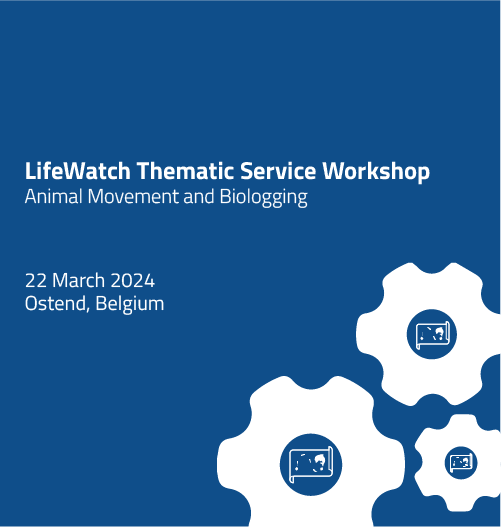Animal Movement and Biologging

10:00 | Welcome
10:05 – 10:20 | Introduction LifeWatch Thematic Core Service (TCS) by Alberto Basset (LifeWatch Service Centre)
10:20 – 10:30 | Defining the scope of the TCS Animal Behavior and biologging Services by Jan Reubens (LifeWatch Belgium) + Discussion
10:30 – 11:00 | What is already in place in terms of services (within and outside of LifeWatch)? – Compiled presentation based on received input
11:00 – 11:30 | What are the needs and requirements from the community or how can we identify these? – Discussion on stakeholders to involve
11:30 – 11:45 | How can we further integrate this in the infrastructure? – Discussion
11:45 – 12:00 | How to organize this TCS-community interaction for the future? – Discussion
12:00 | Closing of the meeting
